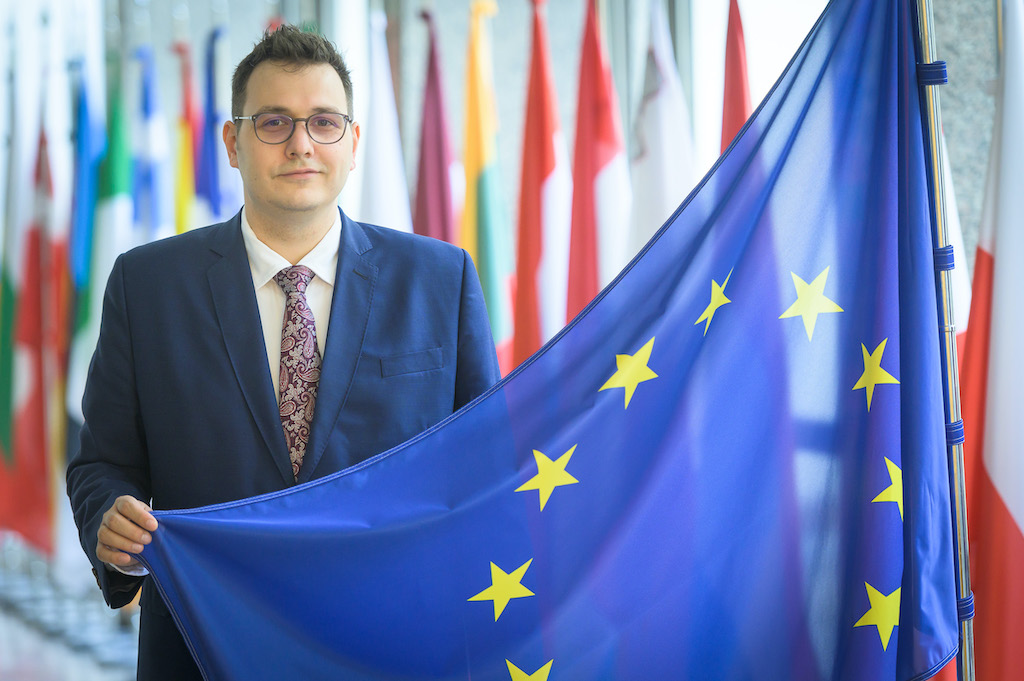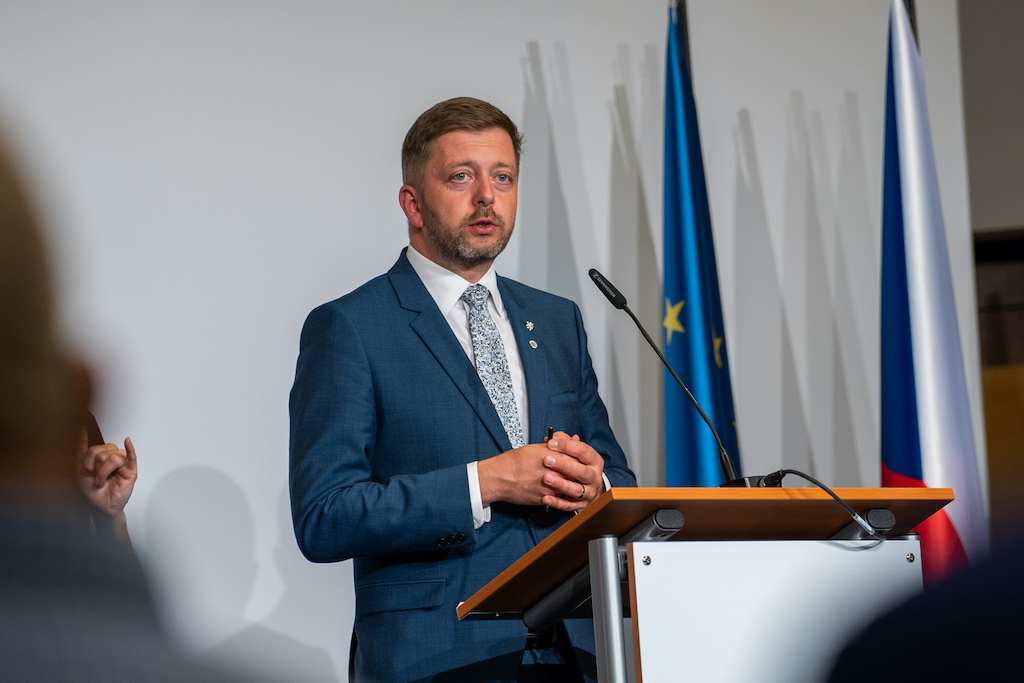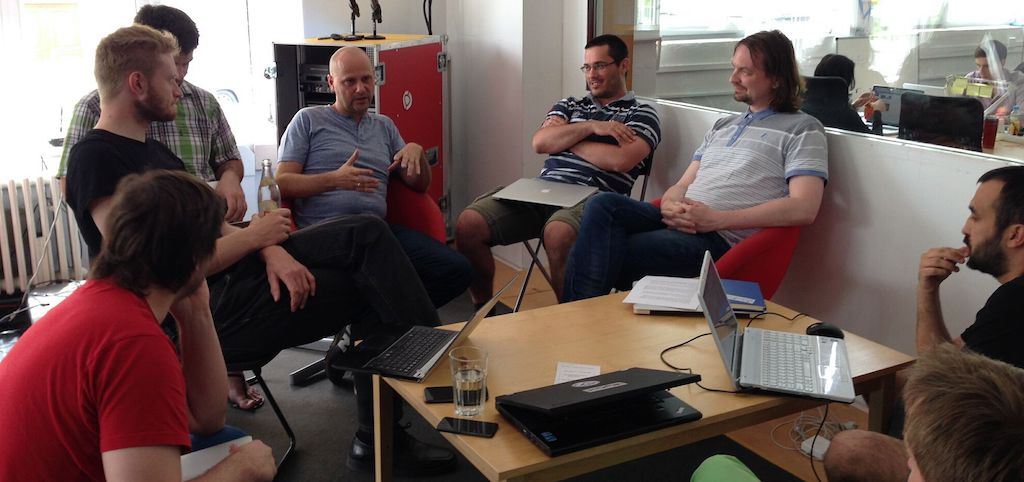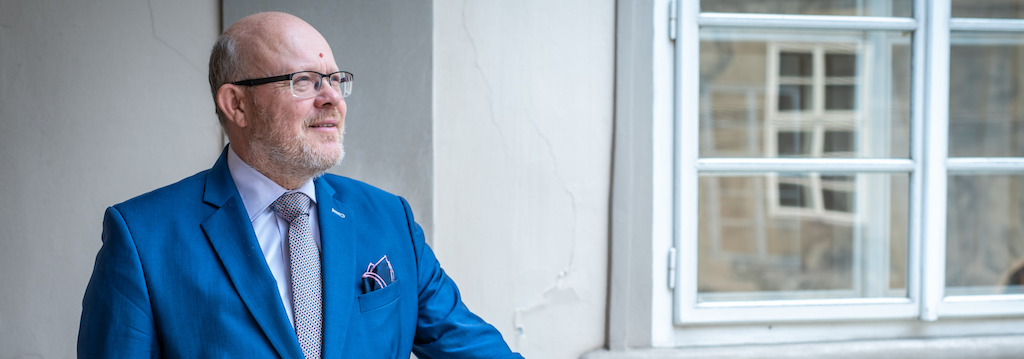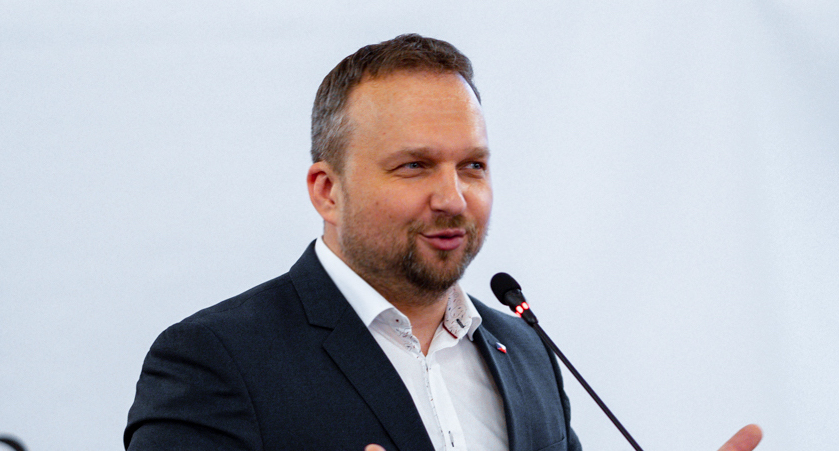
To constitute a sustainable and autonomous supply of materials necessary for the production of key technologies, the EP calls for more supply and recycling in Europe.
Critical raw materials (CCMs) are essential for the production of a wide range of goods and technologies. The transition to digital, energy-efficient and climate-neutral European economies will lead to a significant increase in demand for MPC. The technologies that require them, such as batteries and electric motors, will be essential to achieve the goals of the Paris Agreement.
Parliament calls for a European strategy to strengthen Europe’s strategic autonomy and resilience in the supply of MPCs, by creating a secondary market for recycled resources containing these materials. According to the Parliament’s proposals, more MPC will have to come from the EU and its neighborhood, the sources will have to be diversified and research will have to focus on sustainable alternatives to these rare materials.
The mining sector and waste recycling must play a key role!
MEPs believe that focusing on recycling will not, in the short to medium term, be sufficient to meet the growing demand for MPC. They call for exploring the possibilities of sustainable sourcing in member states rich in MPC. The Parliament calls on the Member States to make the authorization processes for prospecting and procurement projects more efficient in terms of time and transparency, without lowering environmental and social standards.
MPC projects should also benefit from better funding possibilities under the national recovery plans and the taxonomy regulation. Member states’ efforts should be pooled through an important project of common European interest (IPCEI), say MEPs.
She notes the importance of recycling waste given the significant presence of MPCs in electrical and electronic equipment. The Commission and Member States should improve their efforts to properly collect and recycle end-of-life products containing CCMs instead of letting them accumulate in homes and landfills or incinerate them. Stricter controls on EU exports of major MPC wastes are needed. A new task force should be created to coordinate national efforts.
We call on EU member states to consider strategic storage of MPCs to secure their supplies and say future EU free trade and partnership agreements should include specific provisions on MPCs.
We have a coherent and ambitious package that tackles the urgency of having stable and sustainable supply chains of critical raw materials while ensuring competitiveness and jobs in Europe. All forecasts point to an increase in demand for critical raw materials due to the double transition. We are therefore committed to strengthening our efforts to take full advantage of the circular economy. However, research shows that these efforts will not be enough, at least in the short to medium term. We therefore need to put in place the political framework for sustainable mining in Europe and in third countries. ”
The report was adopted by 543 votes to 52, with 94 abstentions.
According to the European Commission, the supply of many MPCs is heavily concentrated outside the EU, with its main suppliers being China, Turkey and South Africa. The document says the EU may need 18 times more lithium and 5 times more cobalt in 2030 for electric vehicle batteries and energy storage.
The raw materials sector provides around 350,000 jobs in the EU, and more than 30 million in downstream manufacturing industries that depend on it, according to the European Economic and Social Committee. Commission estimates that the shift to a circular economy could lead to a net increase of 700,000 jobs in the EU by 2030.





